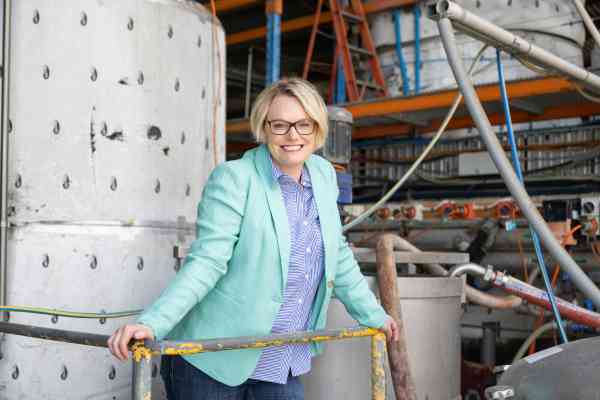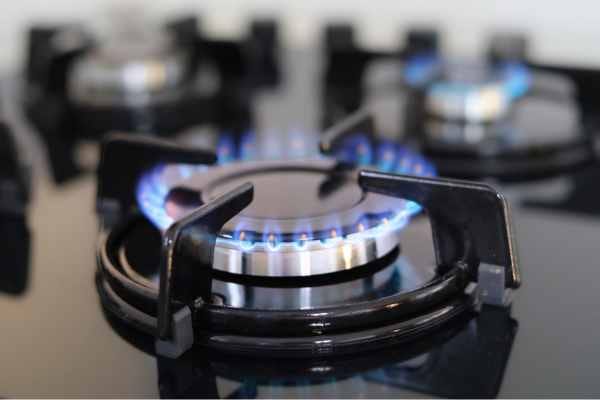Innovators take aim at ocean plastic
Bubble walls, robotic sharks and floating bins are some of the new breed of solutions to protect the sea from plastic.
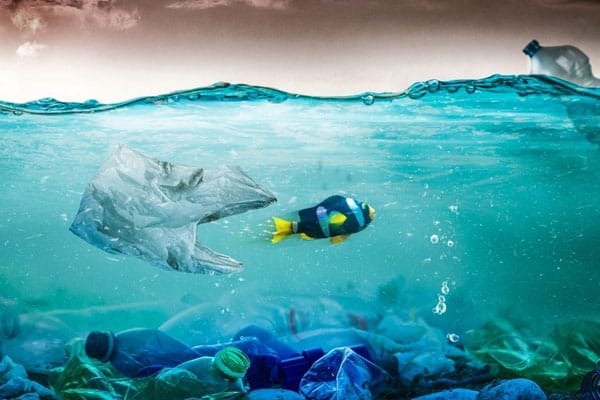
Solutions to the global water pollution crisis gather steam
Bubble walls, robotic sharks and sunglasses made from sea plastic. These are just some of the inventive solutions being advanced to stem the deluge of plastic spewing into the world’s waterways.
With marine habitats at the brink of collapse and micro-plastics devastating food chains and threatening human health, the UN Environment Programme estimates around 11 million tonnes of plastic waste is flowing each year into the ocean, a figure it says could triple by 2040.
Earlier this month the world’s first global plastic pollution treaty was endorsed by world leaders at the UN Environment Assembly in an attempt to reverse this growing emergency (see box below).
As the world waits for this global treaty to turn the tide against plastics, we look at some of the innovators already working hard on solutions to clean up the oceans.The Ocean Cleanup
The Ocean Cleanup has been busily cleaning the world’s waterways for a few years now with the bold ambition to clean up 90% of floating ocean plastic pollution. To this end, the non-profit foundation has been scaling up its ocean-faring vessels and plastic-capturing technology, and is also deploying smaller solar-powered Interceptor vessels suited to pick up pollution at its source from highly polluted rivers. With the plastics reclaimed from the ocean it created a line of sunglasses to raise funds for future cleanups.

The SeaCleaners
The SeaCleaners is a French marine researcher and educator that is in the process of building a large vessel called Manta, a factory ship with the capacity to extract floating plastic as well as smaller pieces of debris up to a metre deep which it then processes onboard to power the craft.
The organisation is currently running a small fleet of smaller vessels called Mobulas. These vessels collect plastic pollution in the calmer waters of harbours and lakes.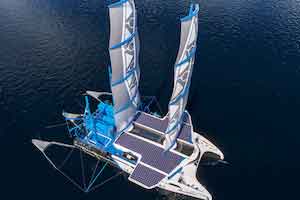
The Great Bubble Barrier
The Great Bubble Barrier created its bubble screen technology to capture plastic pollution across the entire width and depth of rivers without restricting the movement of vessels or disrupting fish and other marine life. The first bubble barriers have completed pilot testing with a fully operational bubble barrier now established in Amsterdam to protect the North Sea from plastic pollution. The Dutch social enterprise plans to implement more bubble barriers in Europe this year before heading to the most polluted rivers in South East Asia.
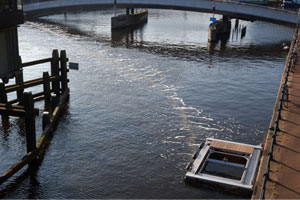
WasteShark
Roaming rivers and lakes is a 1.5-metre aquatic vacuum cleaner called WasteShark. Developed by RanMarine, the autonomous surface vessel (ASV) can collect up to 500kg of garbage and surface scum in a single outing lasting up to 6 hours and over 5km. It provides waterway operators with a zero-emission solution for removing floating pollution such as plastics, algae and biomass from lakes, waterways and harbours.
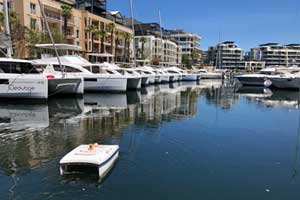
The Seabin Project
The Seabin is a floating garbage bin that sits on the water’s surface within harbours and marinas gathering garbage, oil, fuel and detergents. Developed by Australian boatbuilders, Seabins have been deployed across 50 countries worldwide to reduce plastic pollution. The Seabin Project says it aims to use education, science, technology and community action to further its goals of providing the knowledge, tools and capabilities to the decision-makers of the future.
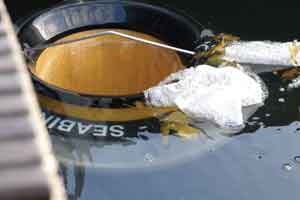
The Global Treaty
On March 2nd representatives from 175 nations endorsed a historic resolution at the UN Environment Assembly to end plastic pollution and forge an international legally binding agreement by the end of 2024. The treaty seeks to reverse what the UN Environment Assembly describes as an “epidemic” with a legally-binding international agreement that addresses the full lifecycle of plastics, including production, design and disposal. Espen Barth Eide, assembly president and Norwegian Minister for Climate and the Environment, said of the treaty: “Plastic pollution has grown into an epidemic. With today’s resolution we are officially on track for a cure.” Read the full announcement here.



